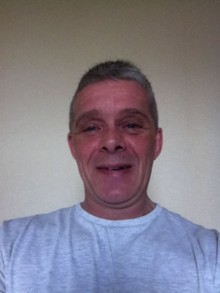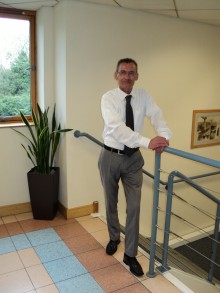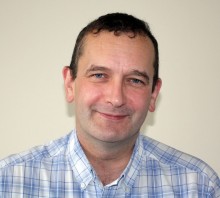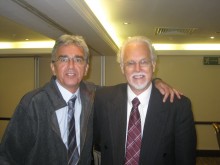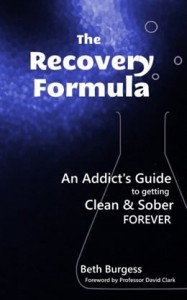 I love my books, but a book has to be bl–dy good for me to start raving about it. I have a large collect of recovery books and again my standards are high. A book needs to be pretty special doe me to start promoting it.
I love my books, but a book has to be bl–dy good for me to start raving about it. I have a large collect of recovery books and again my standards are high. A book needs to be pretty special doe me to start promoting it.
Well, I found one that impressed me so much that I agreed to write a Foreword. A book by Beth Burgess called, The Recovery Formula: An Addict’s Guide to getting Clean & Sober FOREVER. Here’s what I had to say:
‘Over the many years I’ve worked in this field, I have heard from so many people with a substance use problem who have struggled to understand their addiction. They had a strong desire to give up using drugs or stop drinking, but had no idea how to go about it. They had tried to stop using or drinking on numerous occasions, but kept on relapsing.



